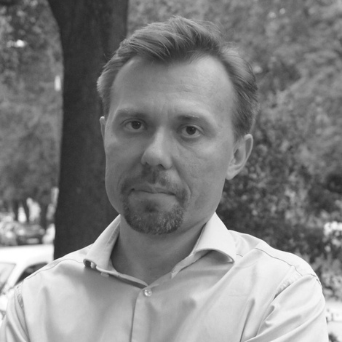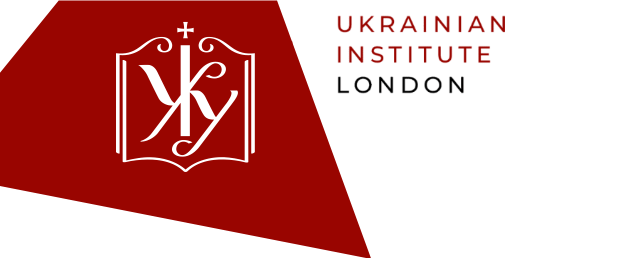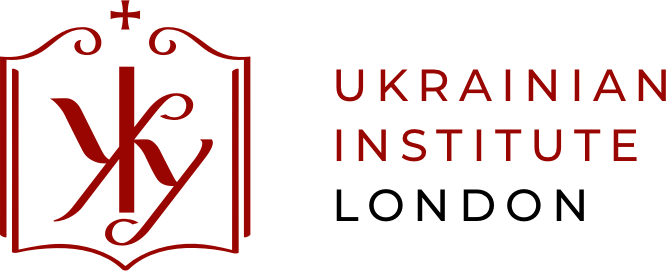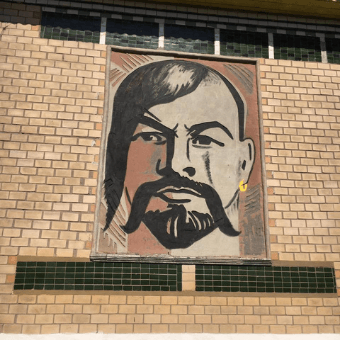Speaker
Anne Applebaum
Anne Applebaum is a columnist for the Washington Post and the Director of the Transitions Forum at the Legatum Institute, a program that examines political and economic transitions. She is the author of several books, including Gulag: A History, which won the 2004 Pulitzer Prize for non-fiction and Iron Curtain. Since 1989, her writing has frequently focused on the politics of post-communist transition in Russia and Europe, but she also writes extensively about British, American, and European politics. Anne is a former member of the Washington Post editorial board, a former deputy editor of the Spectator magazine, and a former Warsaw correspondent of The Economist. She has been a visiting professor at the London School of Economics and has lectured at many other universities, including Yale, Harvard, Columbia, and Heidelberg.
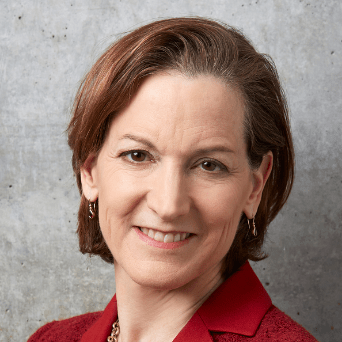
Speaker
Alina Shpak
Alina Shpak is Deputy Director of the Ukrainian Institute of National Remembrance. The Institute is a government agency responsible for the implementation of state policy related to national memory and the overcoming of Ukraine’s totalitarian heritage. She was among the authors of the four “de-communisation” laws adopted by the Parliament of Ukraine in April 2015. Shpak was also Deputy Director of the Security Service of Ukraine Archives, responsible for declassification and open access to KGB documents. She acts as an expert for the Reanimation Package of Reforms, a civic platform that serves as a coordination centre for the development and implementation of key reforms in Ukraine. Shpak has written manuals and trained staff on access to information and archival documents, policy-making, advocacy, quality management system.
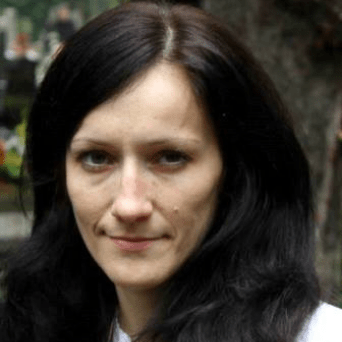
Speaker
Andrii Portnov
Andrii Portnov is a Fellow at the Forum Transregionale Studien, Berlin, Director of the Berlin-Brandenburg Ukrainian Initiative, and Guest Lecturer at the Humboldt University in Berlin. From 2006 to 2010 he was editor of the journal Ukraina Moderna, and since 2012 has been editor of the Ukrainian intellectual web portal historians.in.ua. In 2012-2014, Dr Portnov was a Fellow at the Wissenschaftskolleg zu Berlin, and in 2014-2015 was an Alexander von Humboldt Fellow. In 2015 he was awarded the Baron Velge Prize and was International Chair for the History of the Second World War at the Free University of Brussels. In Spring 2016 he was a Guest Professor at SciencesPo Paris. His publications are devoted to intellectual history, historiography, genocide, and memory studies in Eastern and Central Europe.
